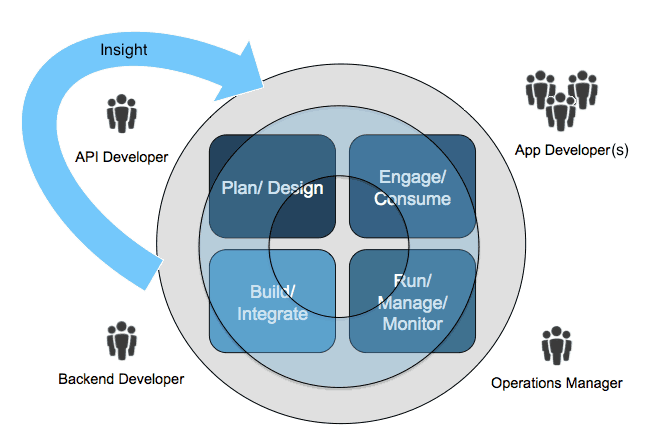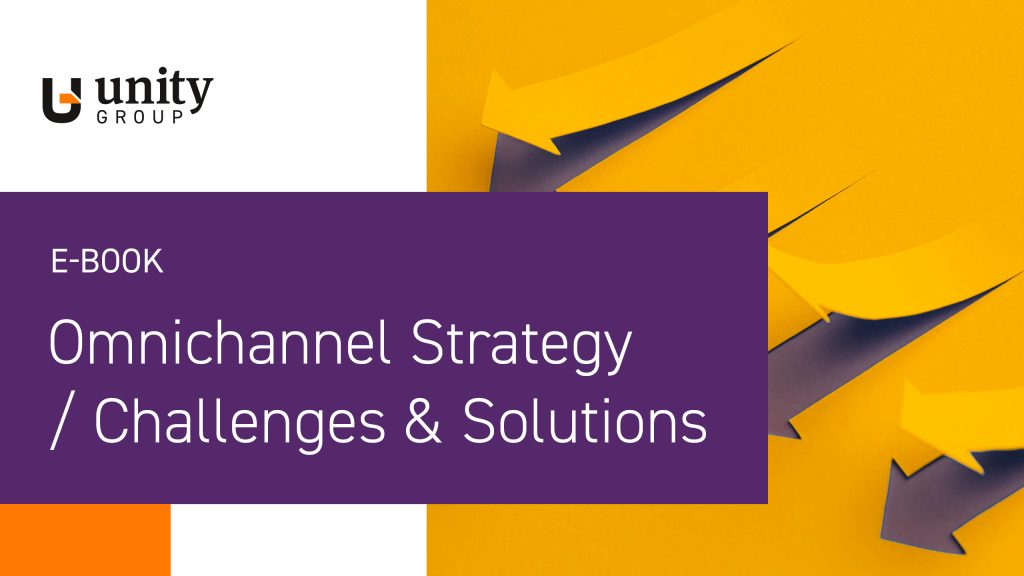Key elements and solutions from API
The intensive growth of API has taken connectivity and data exchange to a whole new level. APIs have become a key component of enterprise solutions that base their tools on data using integration between systems.
You will learn from this article:
- In which direction API is developing?
- What the API Life Cycle is and what its key stages are?
- What do the terms “API Gateway” and “API Economy” mean?
The development of API
APIs are no longer just a tool to meet business objectives. They are also a catalyst for change, increasingly monetized by modern businesses. Along with this new approach, a number of models and processes have emerged that can be used to ensure the quality and speed of using API.
When creating integration solutions, it is important to recognize what we expect from the implementation of an integration platform. Whether the use of the solution is to integrate internal systems, use public and private APIs from third parties, or create your own APIs for both internal and external customers to connect to. Depending on your approach (especially for the latter use), it is a good idea to get to know the buzzwords that often come up when implementing API solutions.
API Life Cycle Management
A concept that often comes up when developing integration solutions is Full Life Cycle API Management. But what exactly is the meaning behind this name, for which Gartner builds its magic square? API management itself is the process of creating, publishing and supervising APIs in a secure and scalable environment. The purpose of API Management is also to enable the organization publishing the API to monitor its entire lifecycle. It is important to make sure that the needs of developers and applications using the interface are met. The API lifecycle consists of four key stages:
- Design – which results in an API specification (contract) described in a standardized RAML (RESTfull API Modeling Language) or Swagger.
- Implementation and testing – theimplementation of interfaces in accordance with the agreed contracts and ensuring testability for the implementation.
- Deployment, management and monitoring – the key moment in the life of an API is its launch, making it available in a secure way using API Gateway. As part of API maintenance, versioning is often used, especially by maintaining several different versions of an API in parallel, marking APIs as legacy or testing.
- Providing access to developers and involving them in using it – for writing mobile apps, writing websites by agencies, etc. The API specification can be made available through the API Portal to selected users or groups, or made fully public. Such an API Portal should have a mechanism for subscribing to the API, obtaining access keys, and viewing the current API specification (contract). A particularly useful feature of modern API Portals is the ability to test the methods or publish the entire API as a mock.

API Gateway
An important concept that came up earlier is the API Gateway. It can be described as a single point of contact between resources and customers who want to use that data. Instead of providing one type of interface, an API Gateway allows you to provide different APIs for each customer. This ensures that the customer sends a request to only one point, and the API Gateway is responsible for communicating with the appropriate services to return the required message. Additionally, it is possible to create consistent security policies or SLA levels per customer or groups of customers.
API Economy
The intensive development of technology around APIs, including the emergence of modeling and contracting standards and API Management class systems, has enabled the creation of a virtual API economy. APIs have become, inline with omnichannel trends, a new distribution channel for products or services and a way to establish beneficial partnerships.
Thanks to the broad reach through publicly available API Portals, APIs allow you to reach out to new customers, new sources of revenue or to connect the worlds of public cloud and internal systems, which previously were separate. This is of great beneficial value, but it’s still not enough to build a business around. It was not until API Management class solutions made it possible to monetize the solution. This type of technology not only supports development, but provides methods for authentication and managing access, billing and payments. A strictly technological solution has thus become a driver to grow business, or even the only source of revenue for companies specifically in the business of selling data.








